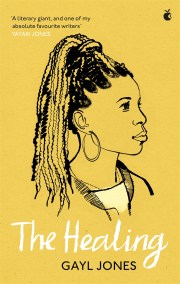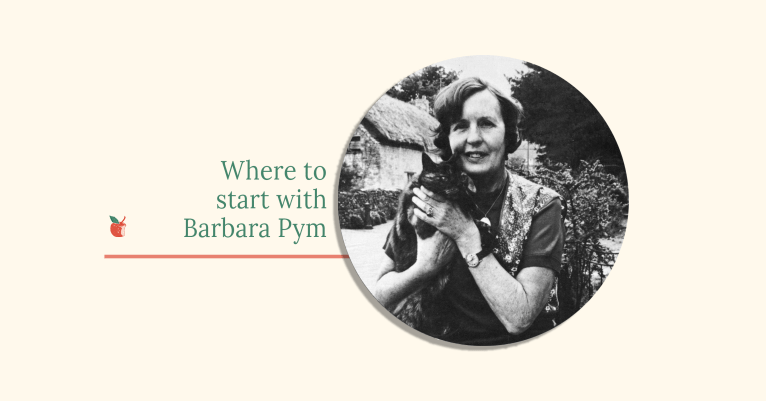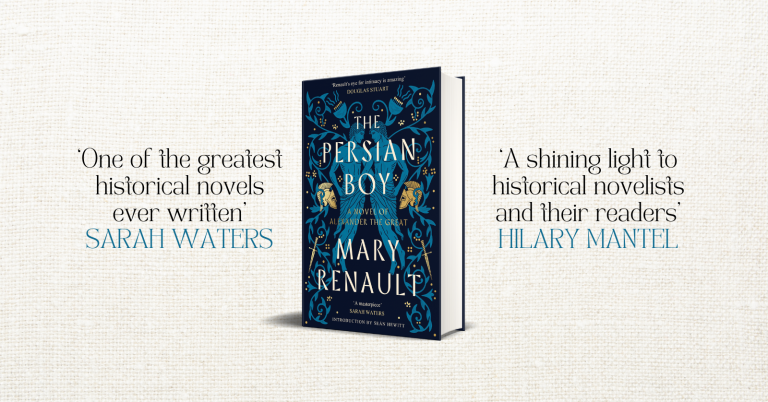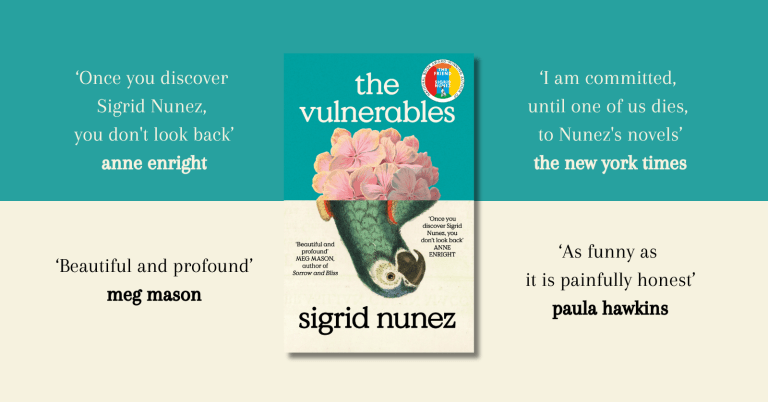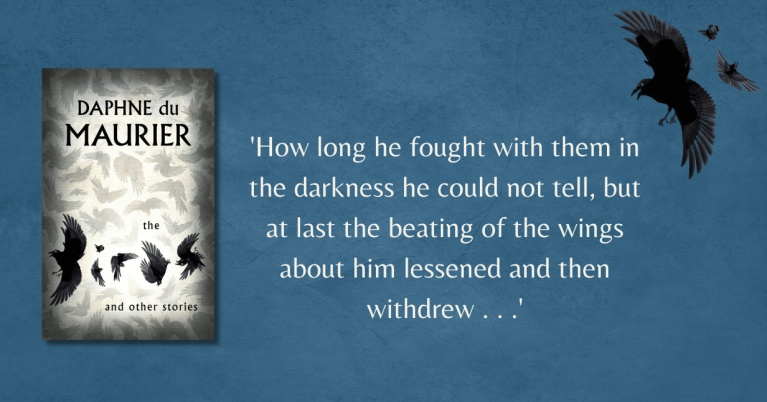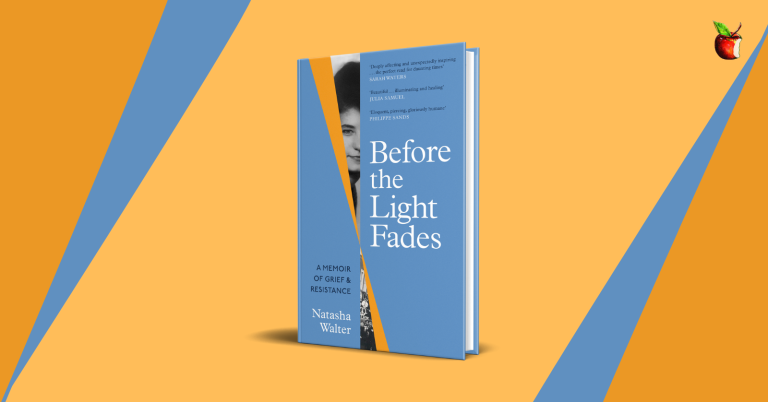Pass the Story
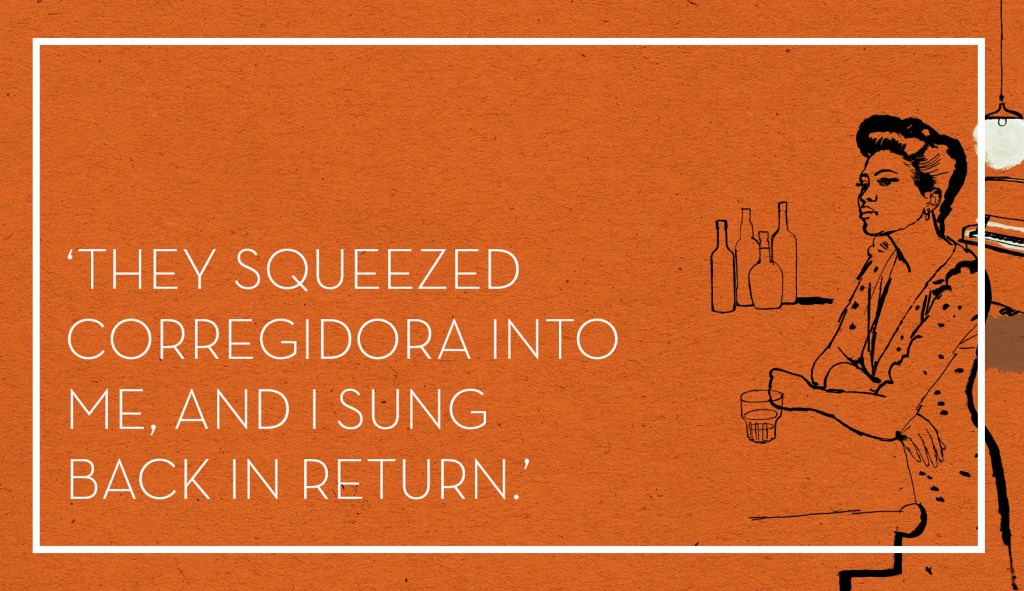
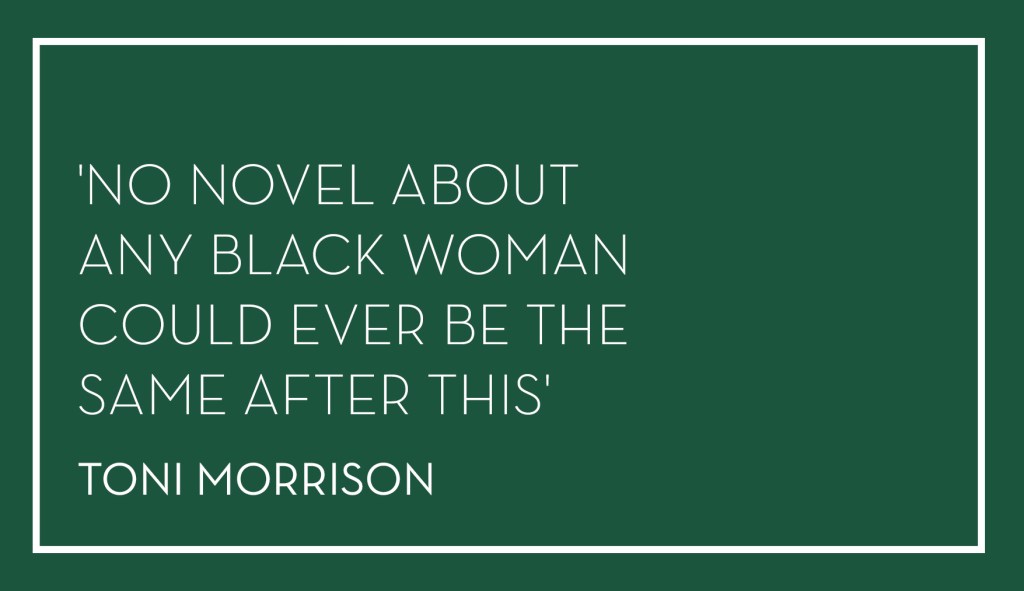
Discover a lost masterpiece
Gayl Jones was only 26 when Corregidora was published in 1975. Toni Morrison was her editor, before she began her own writing career, and this influential, searing novel was hailed as a masterpiece by writers such as James Baldwin, Maya Angelou and John Updike.
Corregidora spurred a new wave in African-American literature. It predates Alice Walker’s The Colour Purple, Toni Morrison’s Beloved and Octavia Butler’s Kindred – exploring themes such as the inherited trauma of slavery and sexual and racial violence. And importantly, it put a black woman’s experience at the centre of the narrative. Corregidora has been unavailable in the UK for two decades and we are very proud to publish this remarkable book for a new generation of readers.
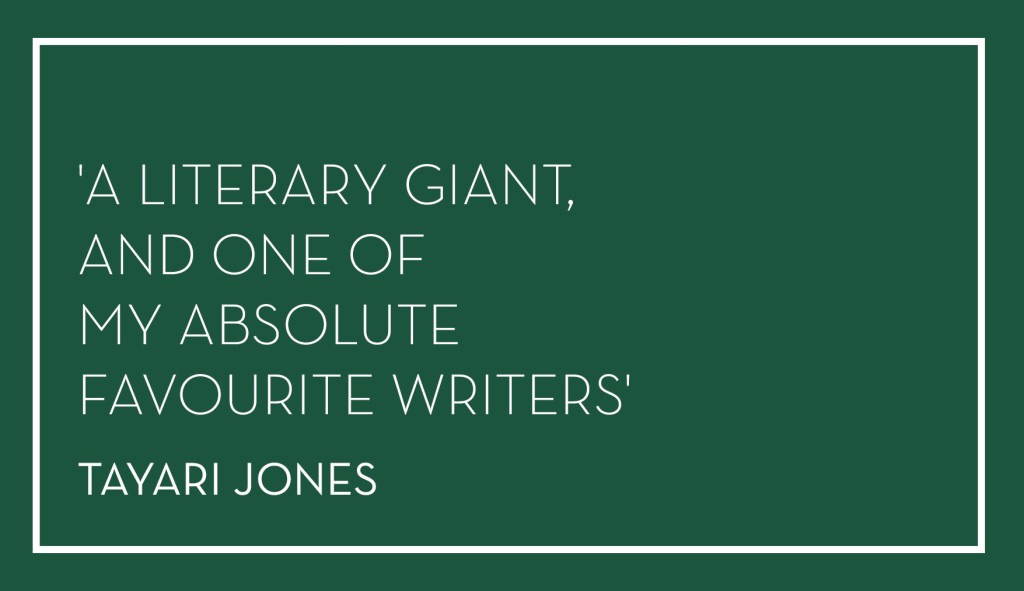
A key theme from the book is passing stories on to keep them alive.
With this in mind, the Virago Modern Classics team has launched a #PassTheStory book chain, starting with three proof copies from three members of the Virago team who have read and loved Corregidora.
Echoing the blues tradition of call and response, which Gayl Jones takes inspiration from in her writing, we will pass Corregidora from one reader to the next. Throughout the book’s journey, we will highlight key themes and share our reactions to this this extraordinary novel.
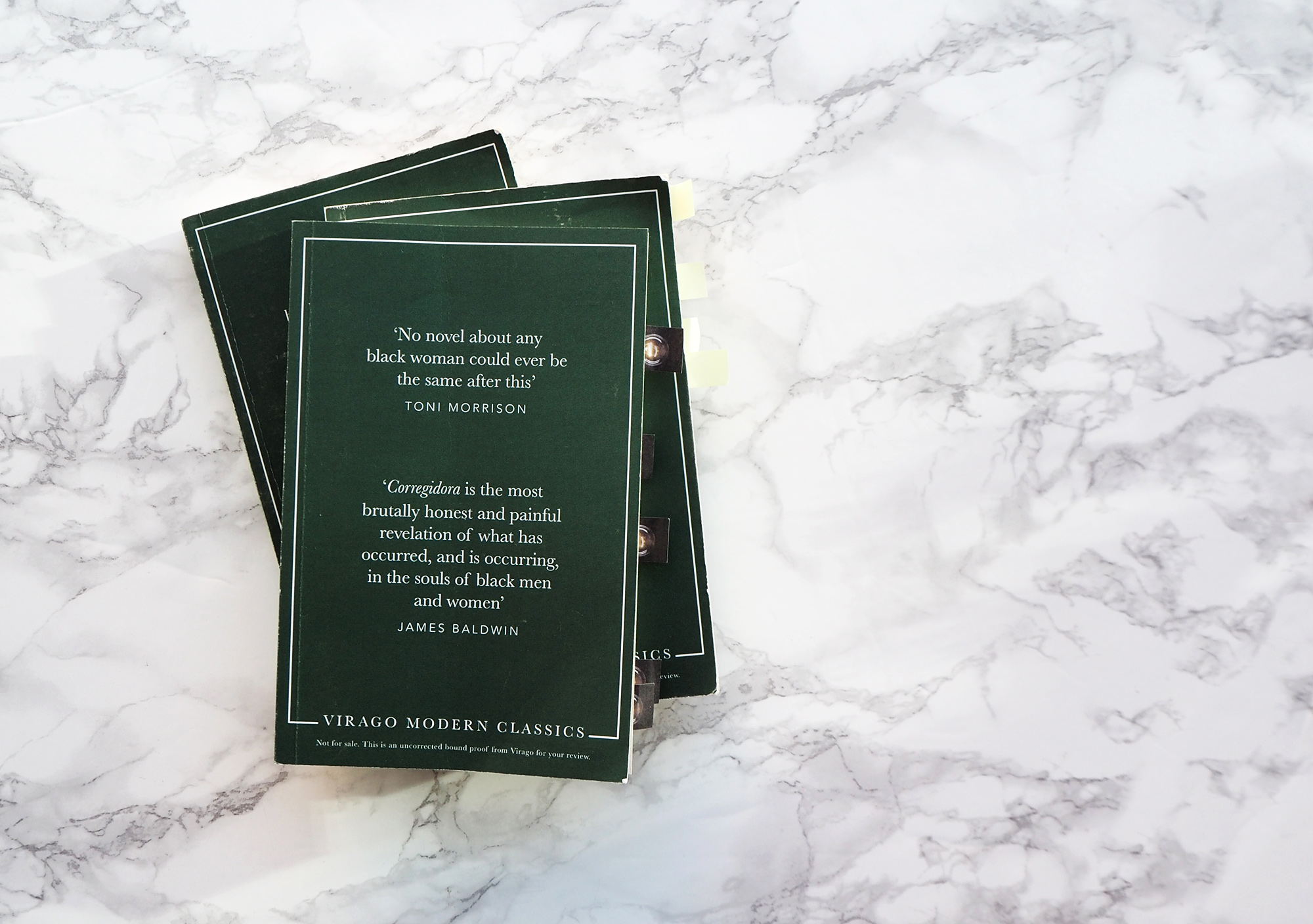
Key Themes and Discussion Points:
- In what ways is music and the blues/jazz used as a metaphor throughout the novel?
- In terms of the canon, is this a book that you have known about or read before, and does it fit with what you know to be your idea of the canon?
- A lot of books that are published about the black experience are often centred around ‘black trauma’ do you think this is why this is a lost classic and even though it deals it trauma, does it still need a place on the ‘canon’?
- Academic Sarah Churchwell says of Corregidora ‘Reading Corredigora you see the ghosts of Beloved’. In what ways is Corregidora like Beloved or Toni Morrison’s other novels?
- Are there any other novels that you have read that have similar themes?
- What does this novel say about the relationship between mothers and children?
- What did you think about the male characters Mutt and Tadpole?
- What was Gayl trying to say by juxtaposing the two central female characters of Ursa and Cat?
- The book is a very visceral reading experience with graphic language and explicit themes. In does this make the reader feel?
- The novel is made up of dialogue, memory and dream sequences. Why do you think Gayl Jones decided to disrupt the traditional novel form?
- This book was published in 1975 when Gayl Jones was only 26. In what ways was Corregidora so ahead of its time?
- Described is as among the most important 20th century works of African American literature, why then is it a lost classic?
- Do you think that books like Corredigora have a role in teaching a new generation about the present by educating them about the past?
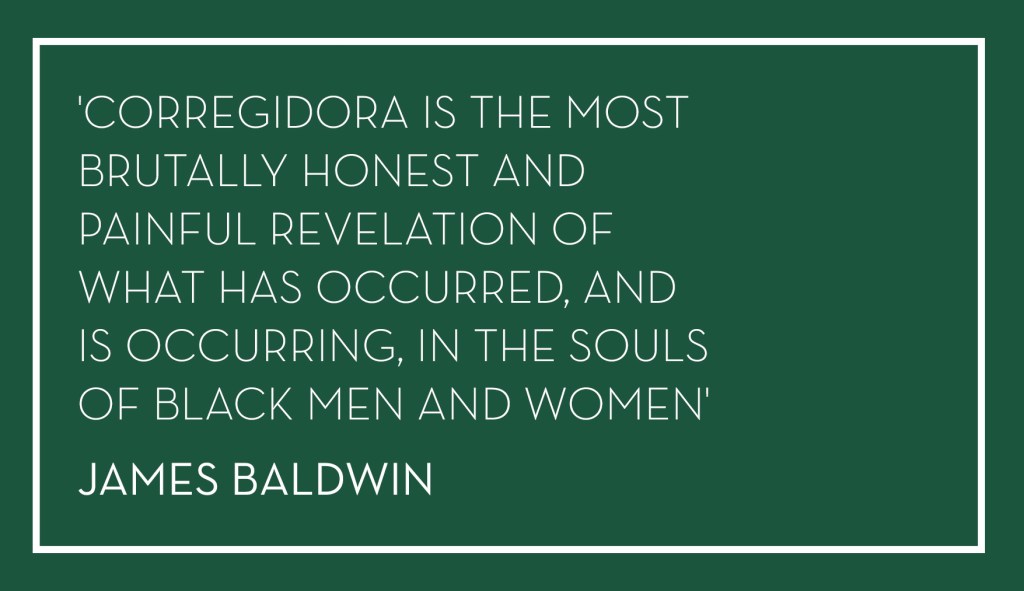
Join the conversation yourself using #PassTheStory and #CorregidoraVMC.
Songs to Listen to as you read Corregidora:
AS HEARD ON THE BACKLISTED PODCAST
'No novel about any Black woman could ever be the same after this' TONI MORRISON
'Corregidora (1975), was both shocking and ground-breaking in its probing of the psychological legacy of slavery and sexual ownership' MAYA JAGGI, GUARDIAN
'Corregidora is the most brutally honest and painful revelation of what has occurred, and is occurring, in the souls of Black men and women' JAMES BALDWIN
'A literary giant, and one of my absolute favourite writers' TAYARI JONES, author of AN AMERICAN MARRIAGE
'An American writer with a powerful sense of vital inheritance, of history in the blood' JOHN UPDIKE, NEW YORKER
Upon publication in 1975, Corregidora was hailed as a masterpiece, winning acclaim from writers including James Baldwin, Maya Angelou, Toni Morrison and John Updike. Exploring themes such as race, sexuality and the long repercussions of slavery, this powerful novel paved the way for Beloved and The Colour Purple.
Blues singer Ursa is consumed by her hatred of Corregidora, the nineteenth-century slave master who fathered both her mother and grandmother. Charged with 'making generations' to bear witness to the abuse embodied in the family name, Ursa Corregidora finds herself unable to keep alive this legacy when she is made sterile in a violent fight with her husband. Haunted by the ghosts of a Brazilian plantation, pained by a present of lovelessness and despair, Ursa slowly and firmly strikes her own terms with womanhood.
Also new to the VMC list: Eva's Man and The Healing by Gayl Jones.
Also available from Gayl Jones:
'A literary giant, and one of my absolute favourite writers' TAYARI JONES, AUTHOR OF AN AMERICAN MARRIAGE
'An American writer with a powerful sense of vital inheritance, of history in the blood' JOHN UPDIKE, NEW YORKER
'Eva's silence, and her status here as legally insane, are eloquent testimony to the condition of being a woman in this man's world' KIRKUS REVIEWS
Eva Medina Canada sits in her psychiatric ward, silent and unremorseful. She has murdered her lover and they want to know why. Her memories weave back and forth over encounters with the men in her life - the schoolboy who played doctors and nurses with a dirty popsicle stick; her mother's boyfriend; her cousin; her husband; a stranger on the bus. She's been propositioned and abused for as long as she can remember.
THE FINALIST FOR THE NATIONAL BOOK AWARD
'A literary giant, and one of my absolute favourite writers' TAYARI JONES
'The novel's richness lies in its entertaining meandering, and the vitality of its spoken rhythms' MAYA JAGGI, GUARDIAN
'A moving affirmation of forgiveness and trust . . . The Healing should be cause for hope, sustenance and even celebration' VALERIE SAYERS, NEW YORK TIMES
Harlan Jane Eagleton is a faith healer, travelling to small towns, converting sceptics, restoring minds and bodies. But before that she was a rock star's manager and race-track gambler. She's had a fling with her rock star's ex-husband and along the way she's somehow lost her own husband - a medical anthropologist now travelling with a medicine woman in Africa. Harlan tells her story from the end backwards, drawing us ever deeper into her world and the mystery at the heart of her tale - the story of her first healing.



